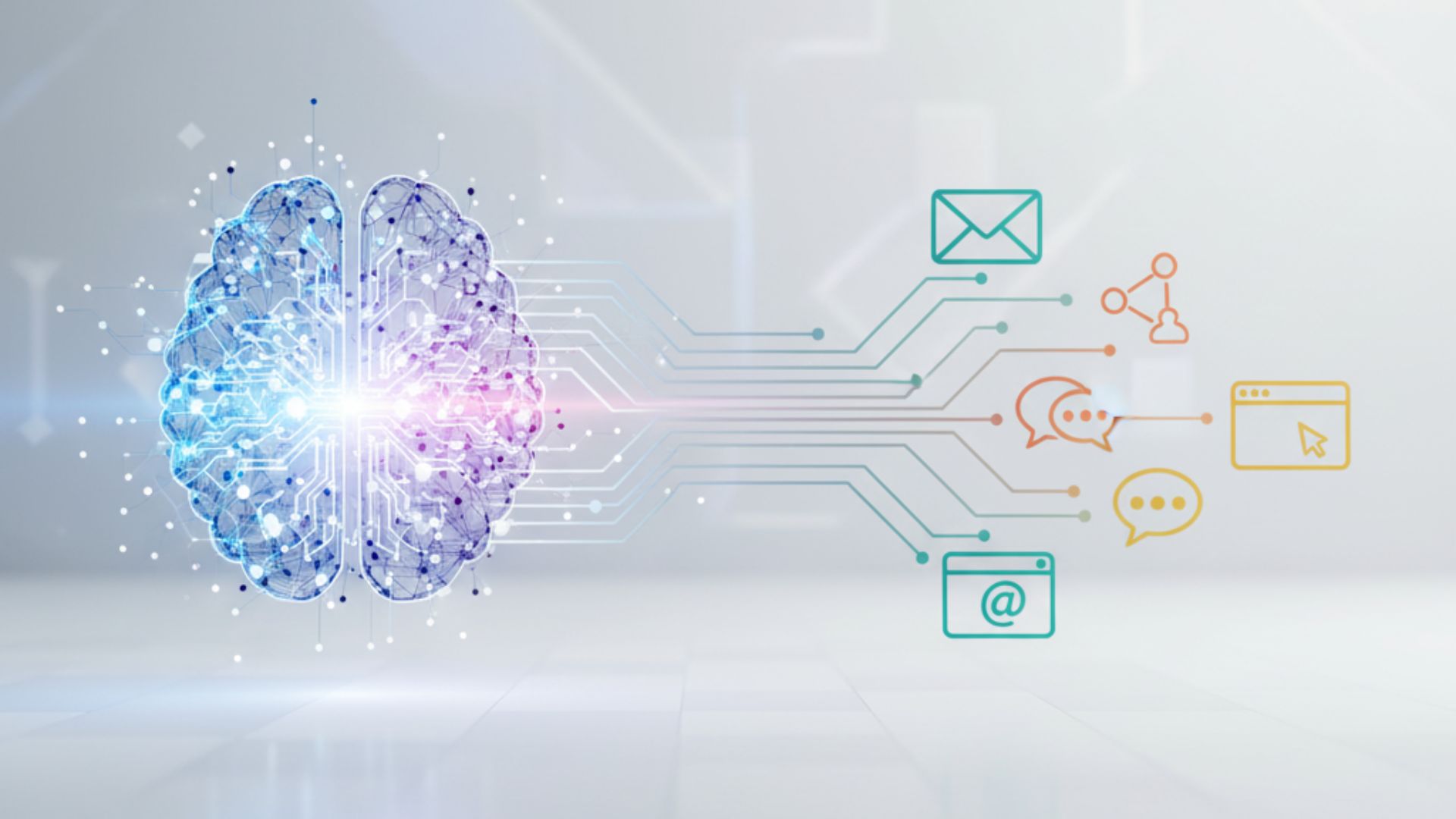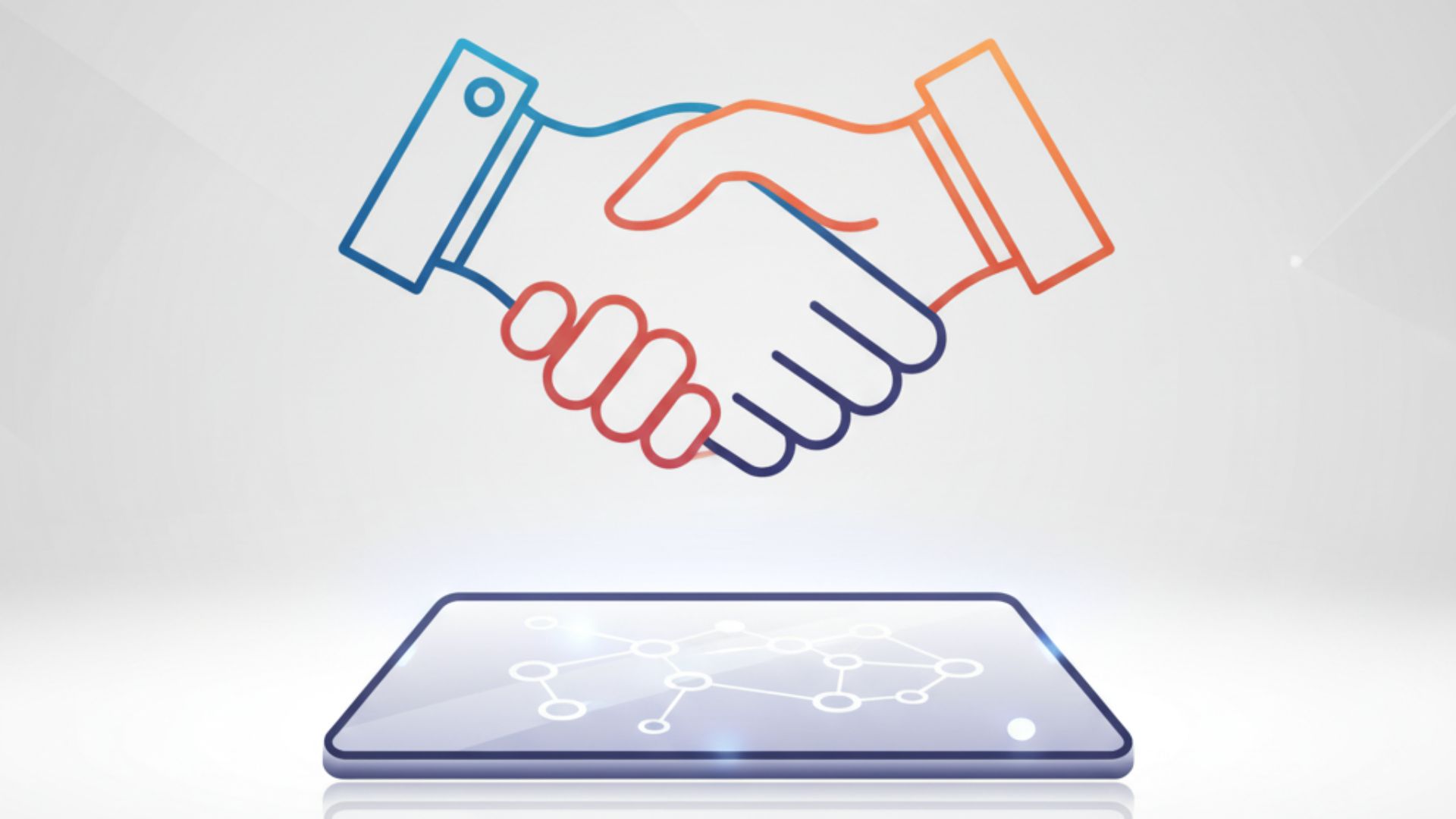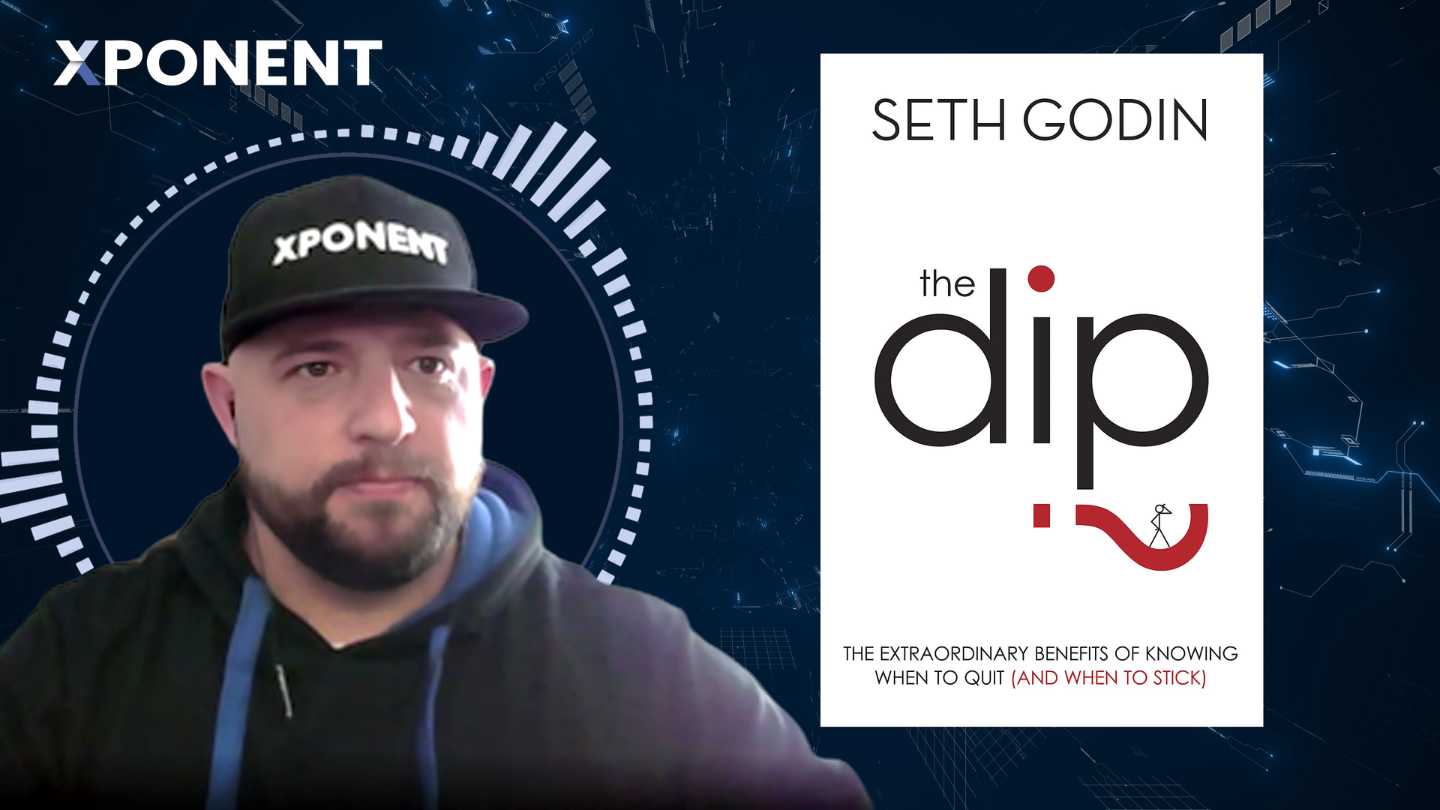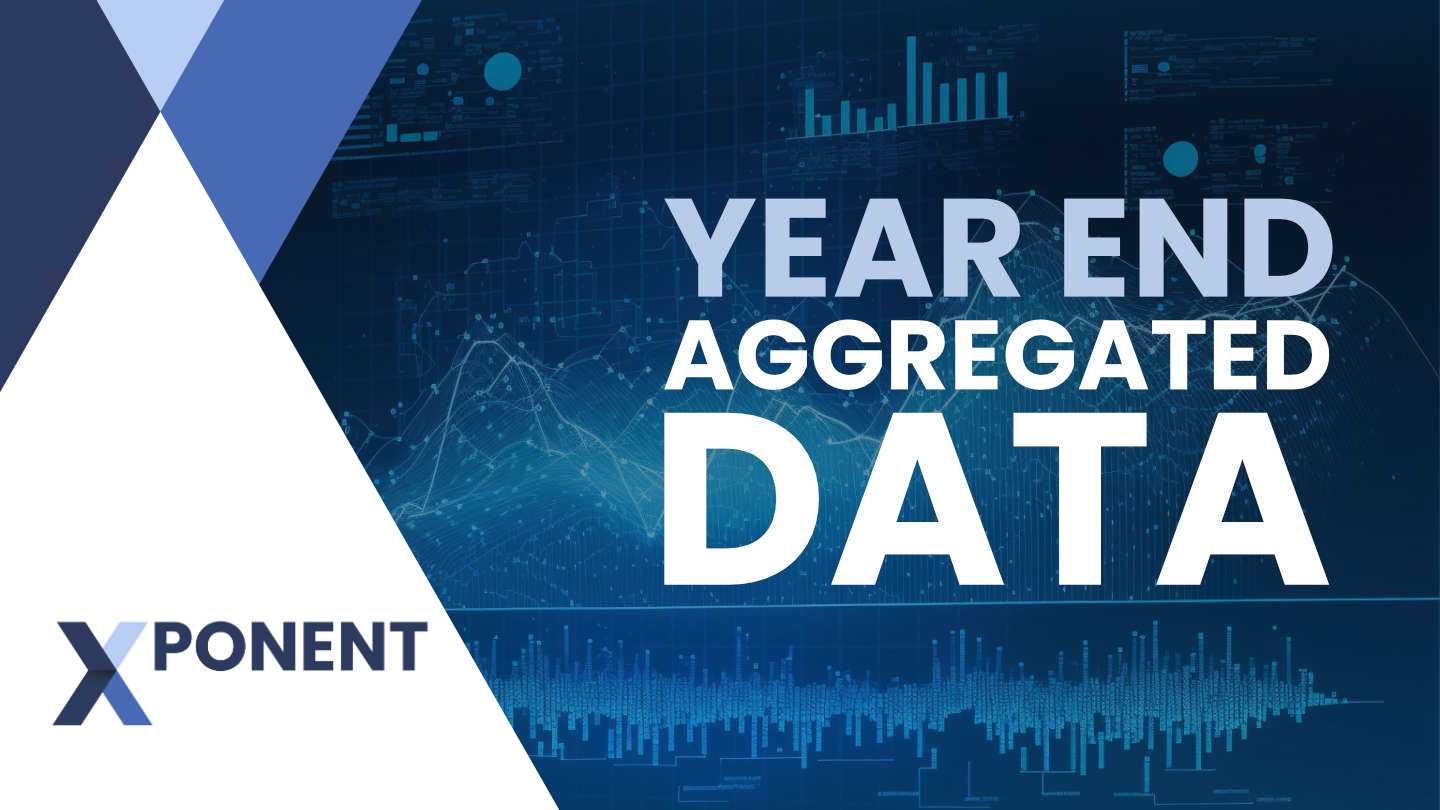For years, the goal of an online sale felt simple: get the click, process the payment, and ship the product. It was transactional, efficient, and often impersonal. But today, if that’s still your primary focus, you’re missing the forest for the trees.
The digital landscape has fundamentally changed. Customers are savvier, competition is fiercer, and attention is the ultimate currency. Modern marketing strategies dictate a shift away from chasing quick wins towards building lasting, meaningful connections. For digital marketers and business owners who want to thrive, understanding this evolution is critical. It’s no longer about merely completing a sale; it’s about nurturing a relationship that makes the next sale—and the one after that—inevitable.
The Shift: From Shopping Cart to Story Arc
Think about your own buying habits. When you choose a brand, you don’t just pick the cheapest or the fastest option. You choose the one that understands you, the one whose values align with yours, or the one that simply makes you feel special. In the digital world, replicating this feeling is paramount.
The current challenge for e-commerce businesses is figuring out how to genuinely build customer relationships in e-commerce when the interaction is purely digital. This means reevaluating every touchpoint, from the first ad they see to the post-purchase thank-you email. We’re moving from the concept of a ‘marketing funnel’, which implies a single, one-way journey, to a ‘customer flywheel’ that focuses on continuous engagement and loyalty.
This continuous engagement is the key to differentiating your brand. Every interaction is an opportunity to add value, not just push a product.

Data-Driven Connection: The Core of Modern Marketing Strategies
In this new environment, the most valuable asset you have isn’t your product catalogue; it’s your customer data. Using this data correctly is the foundation of true personalisation in online sales.
Personalisation isn’t just dropping a customer’s first name into an email. It’s about anticipating their needs before they even know they have them. It means:
Customising the user journey: Showing products or services on your website based on past viewing history, not just what’s trending.
Segmenting content: Sending tailored blog posts, case studies, and resources that address their specific pain points, ensuring the content is relevant to where they are in their buying process.
Perfect timing: Delivering offers or follow-ups at the exact moment a customer is most likely to convert, perhaps based on their inactivity or interaction with specific content.
To put this into perspective, here is a look at the capabilities and opportunities that arise when you move beyond basic, untargeted outreach.
Approach | Focus | Key Benefit | Required Technology |
Basic Transactional | High volume, low investment | Quick, simple sales | Basic E-commerce Platform, Email Blasts |
Relationship-Driven | Customer lifetime value (CLV) | Nurtured loyalty, high retention | CRM, AI in digital marketing and sales tools |
Personalised Selling | Individualised journeys | Increased conversion rates, reduced friction | Advanced Analytics, Data Segmentation |
Proactive Engagement | Solving problems before they arise | Brand advocacy, referrals | Chatbots, Predictive Analytics |

Automating Connection: The Role of AI
Achieving the level of sophistication required for effective personalisation in online sales would be impossible for a human team alone. This is where artificial intelligence (AI) steps in, acting not as a replacement for human marketers but as a powerful co-pilot.
The strategic use of AI in digital marketing and sales tools is what separates the leaders from the laggards. AI can handle the heavy lifting of data analysis, identifying subtle patterns in customer behaviour that a human might miss. For example, AI can analyse thousands of historical purchase paths to predict which leads are truly qualified and ready to buy, allowing your sales team to focus their energy effectively.
Consider the time-intensive tasks of lead scoring, content tagging, and A/B testing. AI automates these processes, freeing up your marketers to focus on high-level strategy and creative execution, the things that require true human insight. This isn’t about replacing the human element; it’s about making that element more effective and strategic.
The Next Step Forward
The future of online sales is inherently human, even if it is powered by advanced technology. The ultimate goal is to use data and automation to deliver experiences that feel genuinely one-on-one, fostering the long-term building of customer relationships in e-commerce that define enduring brand success.
For digital marketers and business owners, the message is clear: the time to move past basic transactional selling is now. You must invest in the tools and the strategies that allow you to identify, understand, and engage your highest-value customers. This proactive, data-driven approach is the essence of effective modern marketing strategies.

Ready to elevate your marketing and sales results?
Understanding the theory of AI and personalisation is one thing, but successfully implementing these advanced strategies is another. If you’re looking for a partner to help you harness the power of AI in digital marketing and sales to build genuine, qualified leads and drive lasting sales growth, look no further.
Discover how Xponent can transform your digital strategy into a high-performing relationship machine. Contact Xponent today for expert advice, or visit our website.




